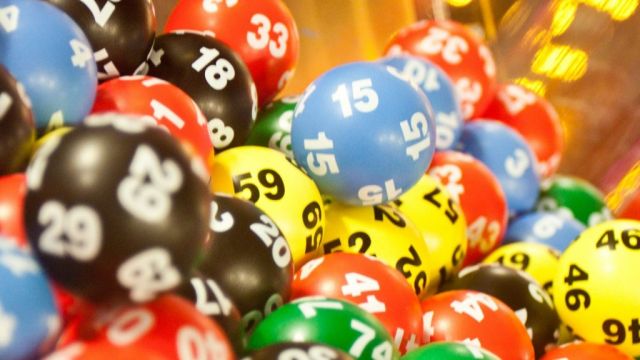
The Complex Allure of Lottery Gambling: A Modern Paradox
In the landscape of modern gambling, few activities captivate the imagination quite like the lottery. It stands as a unique paradox in the realm of chance, offering both the promise of life-changing wealth and the grim reality of statistically improbable odds situs koitoto. This article delves into the multifaceted world of lottery gambling, exploring its allure, impact, and the complex dynamics it creates in society.
The Allure of the Lottery
Lottery gambling holds a special place in the minds of millions, transcending borders, cultures, and socioeconomic backgrounds. At its core lies a tantalizing promise: the chance to transform one’s life overnight. This allure is amplified by the simplicity of participation — anyone, regardless of status or education, can buy a ticket and dream of winning.
Psychologically, the lottery feeds on the human tendency to overestimate the probability of positive outcomes, known as optimism bias. This bias is so potent that it can overshadow the reality of odds as high as one in millions. Yet, the dream persists, fueled by stories of sudden windfalls and the belief that “someone has to win.”
The Impact on Society
Lotteries play a significant role in society, often earmarked for public good such as education, infrastructure, or social services. This earmarking helps justify their existence, framing gambling as a voluntary tax that benefits the community. However, critics argue that lotteries disproportionately target low-income individuals, who spend a larger percentage of their income on tickets in pursuit of a dream.
Moreover, the promise of a lottery win can lead to irrational financial decisions, as evidenced by studies showing that many winners quickly squander their newfound wealth. This paradoxical cycle of hope and disappointment feeds into a broader conversation about personal finance and the ethics of promoting gambling as a path to financial security.
The Business of Dreams
Behind the scenes, the lottery is a booming industry, often state-sanctioned and tightly regulated. Governments market lotteries aggressively, employing sophisticated advertising strategies to maximize revenue. In recent years, the rise of online lotteries has further globalized the industry, making it accessible across borders and time zones.
From a business perspective, the lottery’s profitability lies in its high margins and low payouts. A significant portion of each ticket sale is retained as revenue, ensuring that even when large prizes are awarded, the house always wins. This economic model is particularly attractive to governments seeking additional revenue without raising taxes.
The Ethical Debate
The ethical debate surrounding lottery gambling is complex and multifaceted. Proponents argue that individuals have the right to spend their money as they choose, and that lotteries provide much-needed funding for public services. Critics, on the other hand, point to the regressive nature of lottery sales, arguing that they exploit vulnerable populations and exacerbate wealth inequality.
Moreover, the psychological toll of gambling addiction cannot be ignored. While not everyone who plays the lottery will develop a problem, for those who do, the consequences can be devastating. This raises questions about the role of government in promoting and profiting from an activity that can lead to financial ruin and emotional distress.